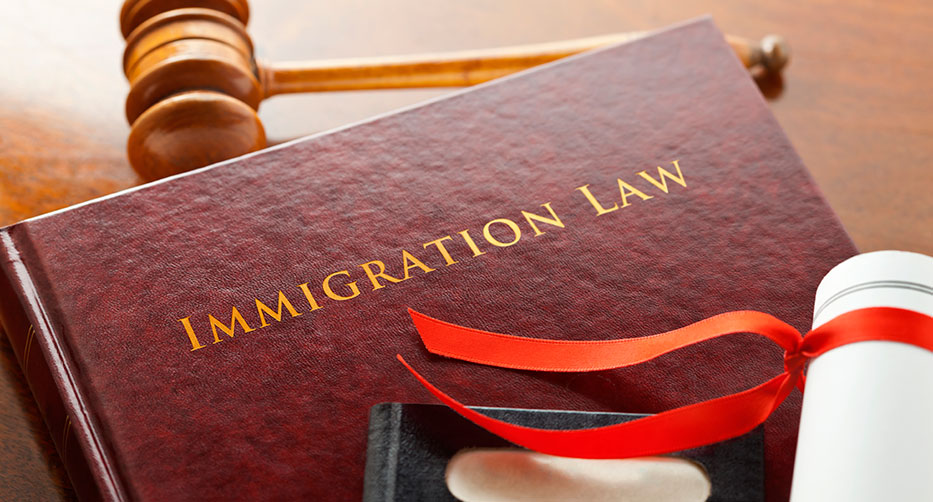6 Ways Legal Principles and Rules Support the Community
Legal frameworks are essential in maintaining order and ensuring safety within communities. They provide a structured approach to managing various societal issues, including road safety. In Colorado, the relevance of these legal principles becomes particularly evident when considering the statistics surrounding motorcycle accidents. According to the state’s Department of Transportation, there are nearly 110,000 motor vehicle crashes per year, with about 2,000 involving motorcycles. Furthermore, the National Highway Traffic Safety Administration (NHTSA) reports that 34% of all motorcycle riders involved in fatal crashes in 2020 were speeding. These figures not only highlight the risks associated with motorcycle riding but also underscore the importance of legal rules and principles in promoting road safety and providing recourse in the event of accidents.
1. Legal Representation for Accident Victims
When accidents occur, especially those involving motorcycles, the role of legal representation becomes crucial in supporting the victims. Law firms that specialize in motorcycle accidents, such as Rider Justice, are pivotal in the community for several reasons. Firstly, they provide necessary legal assistance to victims who may be navigating the complex aftermath of an accident, which includes advocating for rightful compensation and guiding them through the legal processes involved in making claims.
Moreover, firms like Rider Justice contribute to the community by promoting safe riding practices. Rider Justice is Colorado’s motorcycle accident law firm that cares about the community. Their work often extends beyond the courtroom, involving participation in safety campaigns and educational programs. These efforts are aimed at reducing the occurrence of motorcycle accidents by raising awareness about the dangers of reckless riding and the importance of adhering to traffic laws. By doing so, such firms play a dual role – they not only represent victims in legal matters but also actively work towards preventing future accidents.
2. Public Safety Laws and Regulations
The foundation of community safety, particularly in terms of road use, lies in the establishment and enforcement of public safety laws and regulations. These legal rules are designed to protect individuals by setting standards for responsible behavior and vehicle operation. Traffic laws, for instance, regulate the speed at which vehicles can travel, mandate the use of safety gear, and set guidelines for vehicle maintenance – all of which are crucial in preventing accidents.
Regulations governing vehicle safety standards also play a significant role. These laws ensure that motorcycles and other vehicles on the road meet specific safety criteria, thus reducing the likelihood of malfunctions that could lead to accidents. Enforcement of these laws, through traffic policing and regular vehicle inspections, further reinforces road safety. This regulatory framework not only deters risky behavior but also instills a culture of safety among road users, contributing to the overall well-being of the community.
3. Community Awareness and Education
Alongside legal enforcement, community awareness and education are vital in enhancing road safety. Legal entities and organizations often spearhead or support campaigns aimed at educating the public about road safety and legal responsibilities. These educational initiatives target various aspects of road use, from the importance of wearing helmets to understanding the consequences of speeding and reckless driving.
These campaigns play a significant role in shaping public behavior. By informing and educating community members, legal bodies and advocacy groups can effectively work towards reducing accidents and promoting a culture of responsibility and safety. For example, programs that focus on the dangers of riding under the influence or the benefits of defensive driving have a direct impact on reducing the incidence of motorcycle accidents. Through education, legal entities empower individuals to make safer choices, thereby contributing to the overall safety and welfare of the community.
4. Legal Recourse and Justice
The legal system provides a structured pathway for individuals affected by accidents, including motorcycle crashes, to seek justice and compensation. This aspect of legal principles is essential in supporting victims and their families during challenging times. When an accident occurs, the legal framework offers victims the ability to pursue claims against those responsible, ensuring that they can seek redress for their losses and suffering.
The process of legal recourse involves several steps, starting from filing a claim to presenting evidence in court. Legal professionals play a critical role in guiding victims through this process, helping them understand their rights and the legal options available. This support is not just about financial compensation; it’s also about acknowledging the wrongdoing and the impact it has had on the victim’s life. For many, this recognition and the sense of justice it brings can be a crucial part of their recovery process. Furthermore, the presence of a robust legal system that supports victims acts as a deterrent against negligence and recklessness on the roads. Knowing that there are consequences for irresponsible behavior, such as causing an accident due to speeding or drunk driving, encourages road users to adhere to safety regulations, thus enhancing community safety.
5. Regulatory Bodies and Enforcement
Regulatory bodies play a pivotal role in the implementation and enforcement of laws and regulations pertaining to road safety. These organizations are responsible for setting standards for vehicle safety, driver qualifications, and road use. Their work involves monitoring compliance with these standards and taking action against violations. The enforcement of road safety laws is critical in maintaining order and preventing accidents, and this includes regular inspections of vehicles to ensure they meet safety requirements and monitoring roads to enforce speed limits and other traffic rules. These activities help identify and rectify potential risks, such as faulty vehicle parts or unsafe driving practices before they lead to accidents.
Regulatory bodies also work on continuously updating and improving safety standards in response to emerging trends and technologies. For instance, as new types of vehicles and driving aids become available, these organizations assess their impact on road safety and update regulations accordingly. This proactive approach ensures that the legal framework remains relevant and effective in protecting the community.
6. Community Support and Advocacy
Beyond the courtroom and enforcement activities, legal principles and entities often extend their support to the community through various advocacy and support initiatives. Law firms, legal professionals, and regulatory bodies frequently engage in community outreach programs, educational workshops, and support for families affected by road accidents. These initiatives can take many forms, from offering free legal advice to accident victims to organizing community events focused on road safety. By participating in these activities, legal entities contribute to building a safer and more informed community. They also provide a platform for discussing and addressing broader issues related to road safety, such as the need for better infrastructure or more effective traffic management solutions.
Moreover, legal professionals often advocate for policy changes that can enhance road safety. It could involve lobbying for stricter laws against drunk driving, advocating for improved cyclist and pedestrian safety measures, or supporting the development of safer road designs. These efforts not only help in preventing accidents but also contribute to the overall well-being and quality of life in the community.
Conclusion
In conclusion, legal principles and rules play a multifaceted role in supporting and protecting communities. From providing legal recourse and justice to accident victims to enforcing public safety laws and advocating for community welfare, the legal framework is integral to maintaining safety and order in society. By understanding and appreciating the diverse ways in which legal principles contribute to community support, individuals can better recognize the value of these systems in creating a safer and more just society.



/https://static.texastribune.org/media/files/a3e718bbbdf629cf11e248d976454dc5/Biden%20Dallas%20CN%20TT%2002.jpg)